Starting Point for Securing Your Vacation Rental in Aspen
The Aspen vacation rental market offers more than seasonal appeal—it presents a rare intersection of lifestyle, exclusivity, and financial opportunity. For buyers who prioritize both mountain luxury and long-term value, the right property can deliver meaningful returns and personal satisfaction.
Demand remains steady across winter ski months and vibrant summer seasons, fueled by Aspen’s recreational depth and cultural programming. This dual-season draw creates a unique environment where property owners benefit from consistent interest and impressive occupancy rates.
Understanding how to secure the right property means looking beyond aesthetics or location alone. It demands alignment between your financial goals, lifestyle preferences, and the unique regulatory environment that defines the Aspen short-term rental landscape.
Table of Contents:
- What is the Perfect Vacation Rental in Aspen?
- Tips for Buying Vacation Rentals in Aspen
- Examine Types of Aspen Vacation Investment Properties
- Find the Best Neighborhoods in Aspen
- Final Thoughts
What is the Perfect Vacation Rental in Aspen?

The perfect Aspen vacation rental balances refined mountain living with strong investment fundamentals—offering both a luxurious retreat and a high-performing asset. This type of property doesn’t just meet current lifestyle needs; it positions the owner to benefit from ongoing demand, robust rental income, and long-term appreciation.
At its core, Aspen’s most desirable vacation rentals share three fundamentals: prime access, premium amenities, and regulatory compliance. Properties with walkable or ski-in/ski-out locations near Aspen Mountain or Snowmass consistently outperform others in both nightly rates and occupancy. These areas attract a steady stream of affluent travelers seeking convenience without compromising privacy or experience. This is especially true during winter high season and in the peak summer event calendar, when proximity to festivals, trails, and fine dining becomes a major differentiator. However, ski properties come with a bigger price tag and you have to find balance between investment and rental revenue output.
Luxury is non-negotiable. High-end travelers expect thoughtful design, bespoke finishes, and amenities that rival five-star hotels. Homes featuring gourmet kitchens with Wolf or Miele appliances, heated outdoor living spaces, smart home systems, and private wellness areas such as saunas or massage rooms consistently command the highest nightly premiums. For larger estates, amenities like dedicated guest quarters, wine cellars, and entertainment lounges significantly increase desirability for group rentals or corporate retreats.
Just as critical as aesthetics and location is ensuring the property complies with Aspen’s evolving short-term rental regulations. Properties eligible for STR permits in designated zones—particularly those with existing approval or in lodging-friendly districts—offer a clear competitive edge. The presence of a current permit, or the ability to obtain one without significant restrictions, immediately enhances a home's market value and rental income potential.
Ultimately, the perfect vacation rental in Aspen is a well-located, turn-key property with a proven short-term rental history or the structural and regulatory profile to support one. It weaves together lifestyle and income in a way that few markets can replicate—offering not just a home, but a foothold in one of the most exclusive alpine communities in the world.
Tips for Buying Vacation Rentals in Aspen
Before diving straight into the real estate segments of Aspen, let’s explore a few tips and benefits to look forward to. You see, understanding how to navigate Aspen’s complex real estate terrain is essential for securing a vacation property that performs well both emotionally (for your personal enjoyment) and financially (rental revenue). While the market is known for its exclusivity, that same scarcity intensifies both competition and potential upside. The right strategies allow buyers to move with precision—whether they’re acquiring a legacy home or optimizing a high-occupancy asset.
Market Efficiency and Demand Resilience
Aspen’s vacation rental calendar is shaped by two high-performance periods with distinct guest profiles. Winter brings elite ski travelers who prioritize slope access and après-ski proximity, while summer attracts culture-oriented guests attending globally recognized events like the Aspen Art Museum’s ArtCrush or the Aspen Music Festival. These separate but equally lucrative audiences give owners the flexibility to tailor their pricing, marketing, and even interior design to meet seasonal expectations.
Sophisticated buyers benefit from a data-rich environment (using tools like Airdna, KeyData, or Lighthouse). In neighborhoods like Red Mountain, for example, properties with unobstructed views and private driveways consistently outperform broader market averages in both average daily rate (ADR) and annual gross revenue. Homes with unique programming potential—such as chef’s kitchens for private dining experiences or convertible living spaces for event hosting—are particularly resilient, often booking into shoulder seasons and commanding multi-week reservations. Revenue output and data to gain understanding is readily available, now let’s explore potential tax efficiencies below.
Lifestyle Utility and Tax Efficiency
For many investors, Aspen represents more than a portfolio play—it’s an opportunity to align financial strategy with personal legacy. Ownership structures such as multi-member LLCs or family trusts allow for streamlined estate planning while enabling shared use among generations. Properties that offer both luxury and flexibility—like ranch-style retreats with zoning for events—are increasingly favored by buyers who want to blend lifestyle enjoyment with tax-efficient asset growth.
Depreciation, accelerated cost segregation, and interest deductions contribute to meaningful offsets when structured properly. In addition, owners who limit personal use under IRS guidelines often qualify for significant tax advantages tied to active rental activity. With long-term appreciation trends holding steady in key Aspen submarkets, the ability to combine these benefits with strong short-term income creates a rare investment profile—one that rewards both discipline and vision.
Note: Be sure to consult your certified accountant before proceeding in any tax strategies.
Let’s Now Examine Types of Aspen Vacation Investment Properties
Aspen’s inventory of high-performing vacation rentals is defined by its diversity—each property type serves a distinct segment of the market while offering unique advantages for investors. Understanding how these categories align with guest preferences, location-specific demand, and regulatory viability is crucial for selecting a property that meets both your lifestyle and financial objectives.
Ski-In/Ski-Out Condominiums

Condominiums situated directly on or adjacent to ski slopes represent a tier of real estate that performs exceptionally well in terms of both rental frequency and guest satisfaction. These residences are ideal for investors focused on maximizing winter ROI, especially in high-demand corridors like Snowmass Base Village or the Lift 1A redevelopment zone.
Beyond premium location, many of these units benefit from on-site services such as ski valets, front desk concierge, and heated gear storage—features that support seamless guest transitions and justify elevated pricing models. A well-managed slopeside condo can often outperform larger properties in terms of annualized yield, thanks to lower operating overhead and higher occupancy turnover during ski season.
Modern Townhomes
Townhomes located in Central Core or the West End combine architectural efficiency with urban proximity, attracting travelers who prioritize convenience and walkability. These properties tend to feature open-concept living, energy-efficient systems, and upscale finishes—making them particularly appealing during summer months when events, festivals, and downtown dining drive foot traffic.
Versatility is a key strength. Many buyers view townhomes as hybrid-use assets—usable for family gatherings while generating steady occupancy from short-term guests year-round. Their manageable size and central location also make them easier to furnish and maintain, which can streamline onboarding into STR management platforms or private rental networks.
Luxury Estates

High-end estates in Red Mountain, Starwood, and East Aspen offer elevated privacy, panoramic vistas, and amenities designed for extended stays. These properties frequently include multi-level entertaining spaces, and wellness pavilions, making them ideal for curated experiences such as executive retreats or multi-week family gatherings.
From an operational standpoint, these homes often require advanced property servicing—whether through private staff, estate managers, or luxury management firms that oversee everything regarding guest coordination. Their appeal lies not just in their grandeur but also in their ability to offer a fully immersive environment, tailored to the expectations of ultra-high-net-worth renters seeking discretion and bespoke service.
Ranch-Style Retreats

Properties in Woody Creek, Brush Creek, and Old Snowmass cater to those desiring unstructured land, mountain vistas, and experiential flexibility. These ranches frequently include barns, guest quarters, and irrigated meadows—ideal for hosting equestrian events, culinary weekends, or wellness residencies.
Recent zoning refinements in parts of Pitkin County have created new opportunities for event-based rentals, provided owners adhere to usage thresholds and submit proper documentation. Investors value these homes not only for their rental potential but also for their ability to support long-term lifestyle goals, from conservation easements to multi-generational legacy planning. While further from town, they serve a distinct tenant base seeking tranquility, outdoor immersion, and space to gather.
Each of these property types must be vetted against Aspen’s evolving regulatory framework. Some zones permit unrestricted short-term rentals, while others now require waitlist approval or carry yearly rental caps. Understanding these distinctions early—especially in buildings with legacy STR licenses or event-friendly zoning—is key to aligning your investment with both compliance and performance expectations.
Where Can You Find the Best Neighborhoods in Aspen?
Each Aspen neighborhood offers a distinct lifestyle experience, shaped by its geography, access, and rental performance. Selecting the right area depends not only on your aesthetic preferences but also on how you intend to use the property—whether for seasonal family use, high-frequency rentals, or long-term equity growth. Subtle differences in tax structure, permit availability, and guest demographics can significantly impact a property's financial performance.
Central Core Aspen
The Aspen Central Core delivers peak rental efficiency through unmatched access to Aspen’s commercial and cultural districts. This is where guests pay a premium for proximity to flagship events like Food & Wine Classic, the Aspen Ideas Festival, or après scenes at The Little Nell and Chair 9. Inventory includes high-design penthouses, boutique condo conversions, and designer townhomes with curated interiors that rent quickly and often.
High-performing units tend to offer full-service amenities—underground parking, security, and concierge coordination—positioning them as ideal for short-stay luxury travelers. Owners benefit from streamlined operations, short vacancy gaps, and consistent year-round demand. Because this area sits within one of Aspen’s core lodging zones, many properties carry existing STR permits or qualify under current code allowances, which can reduce regulatory friction.
Red Mountain
Red Mountain stands apart for its elevated vantage and architectural scale. Unlike other areas where density is higher, here, homes are set on expansive lots with gated entries and long, heated drives—offering absolute privacy with views that stretch from downtown to the Maroon Bells. Most properties in this enclave are custom-built, often incorporating gallery spaces, wellness wings, and show kitchens designed for private chefs.
The guest demographic skews toward repeat clientele who book months in advance, often for multi-week stays. While not every parcel qualifies for STR use, properties that do are frequently reserved for high-touch service operations, including private butlers, drivers, and full-time estate staff. Rental activity here is less about volume and more about exclusivity—making this one of the valley’s strongest categories for gross revenue per booking.
West End
West End offers a blend of heritage architecture and quiet sophistication. The area is known for its protected historic zoning overlay, which maintains the integrity of its Victorian-era homes and tree-lined avenues. These properties attract guests who prioritize understated elegance over flash—many of whom are visiting Aspen for intellectual or artistic retreats connected to the Aspen Institute or the Music Festival.
Rental properties in West End tend to see longer minimum stays (almost mid-term) and cater to tenants who value privacy without isolation. While some homes have been thoughtfully modernized, others remain as-is, offering opportunities for discerning investors to add value through sensitive renovations. Zoning in this area is tighter than in the Core, so STR permit eligibility must be evaluated on a case-by-case basis.
East Aspen
East Aspen offers a rare combination of topography and tranquility that appeals to buyers seeking space and visual drama. The area is defined by modern builds with clean architectural lines, oversized glass panels, and seamless transitions between indoor and outdoor living. These homes often back up to national forest or creek frontage, offering a level of privacy not typically found closer to town.
What distinguishes East Aspen is its appeal to guests seeking restorative stays—wellness groups, artists-in-residence, or long-term visitors who prioritize nature and calm over nightlife. Recent buyer interest includes those relocating part-time from urban markets, looking for a modern alpine base with remote work capability. While the area is lightly zoned for STR use, select properties have obtained permits or are eligible through primary-residence exemptions under the city’s Owner-Occupied STR permit class.
Snowmass Village
Snowmass Village has redefined itself through targeted infrastructure investment and renewed focus on family and group travel. With the completion of Base Village and developments such as The Cirque x Viceroy, the area now competes directly with Aspen Core for travelers seeking ski-in/ski-out convenience paired with luxury services. Properties range from “branded hotel residences” to freestanding mountainside homes with private access to trails and lifts.
What sets Snowmass apart is its scale and breadth: over 70% of homes here have direct or walkable ski access. This makes it one of the most reliable submarkets for consistent winter income. It also benefits from a growing summer calendar—concerts, bike races, and kids’ camps—supporting strong off-season occupancy. STR licensing is generally more accessible here, and many properties have existing permits in place, offering a smoother path to revenue generation for new buyers.
Each neighborhood supports a distinct investment profile. While the Central Core streamlines short-stay turnover, Red Mountain delivers fewer but higher-value bookings. West End provides charm with upside, East Aspen serves a privacy-first audience, and Snowmass offers volume and ease of entry. A well-aligned acquisition strategy accounts for these differences and pairs them with the owner's long-term objectives.
Final Thoughts on Securing an Aspen Rental Property
Ultimately, the Aspen real estate market offers a spectrum of opportunities for investors, provided they approach acquisitions with a well-informed strategy. By understanding the nuances of each neighborhood and aligning them with personal or financial goals, buyers can tap into the unique value that each area provides. Whether prioritizing high return rates, stable long-term growth, or a balance of both, Aspen's diverse market offers something for every investor's profile.
For those considering a purchase, partnering with knowledgeable local professionals can streamline the process and ensure informed decision-making. Real estate agents (like me - Ryan Schwartz) with expertise in the Aspen area can provide critical insights into market trends, zoning laws, rental potential, and lifestyle fit, helping you make the most of your investment. With proper planning, Aspen can serve as both a lucrative financial endeavor and a gateway to one of the nation’s most captivating destinations.
When you're ready to take the leap into Aspen's real estate market, please contact me - I'm here to assist you.


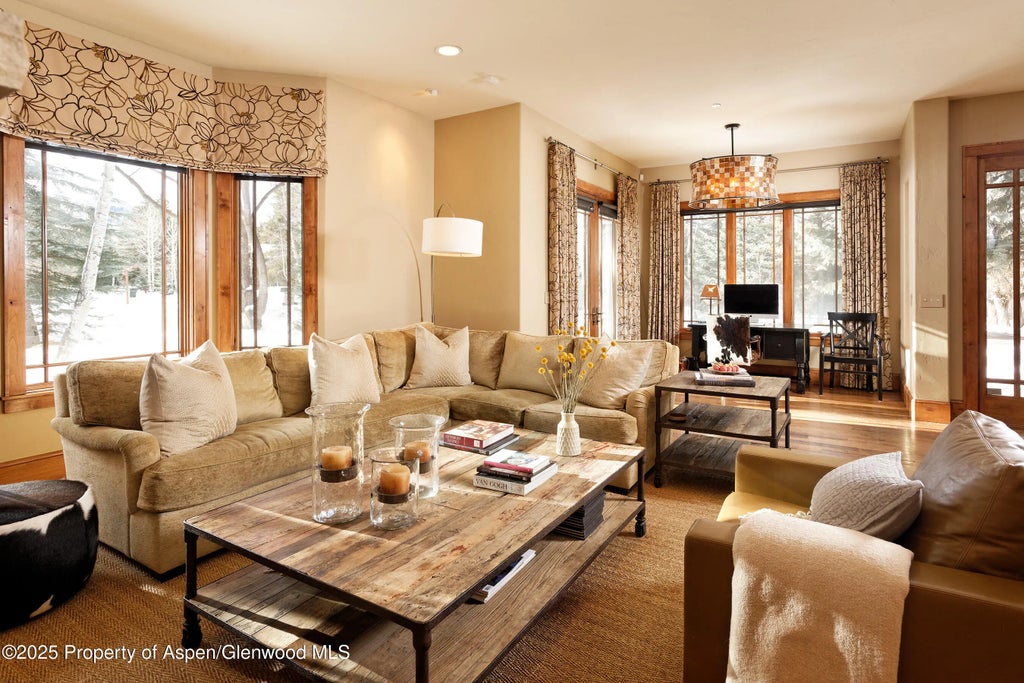
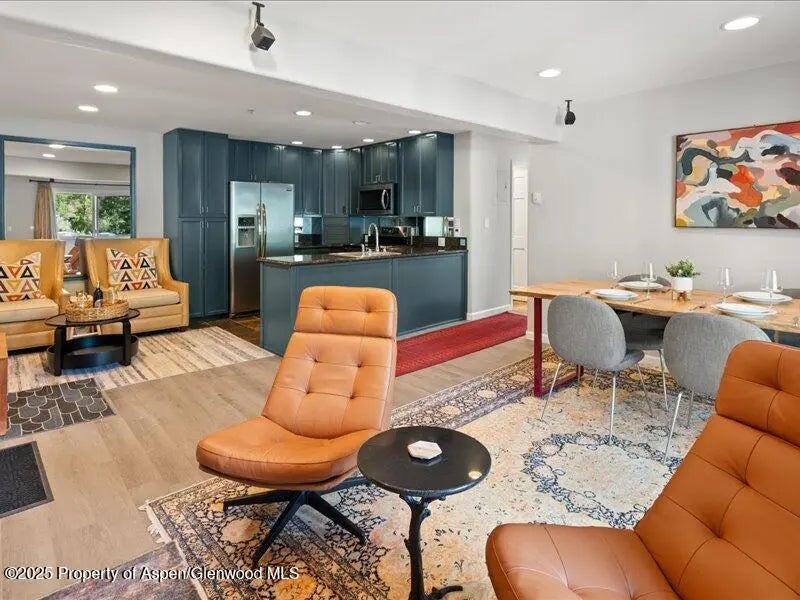
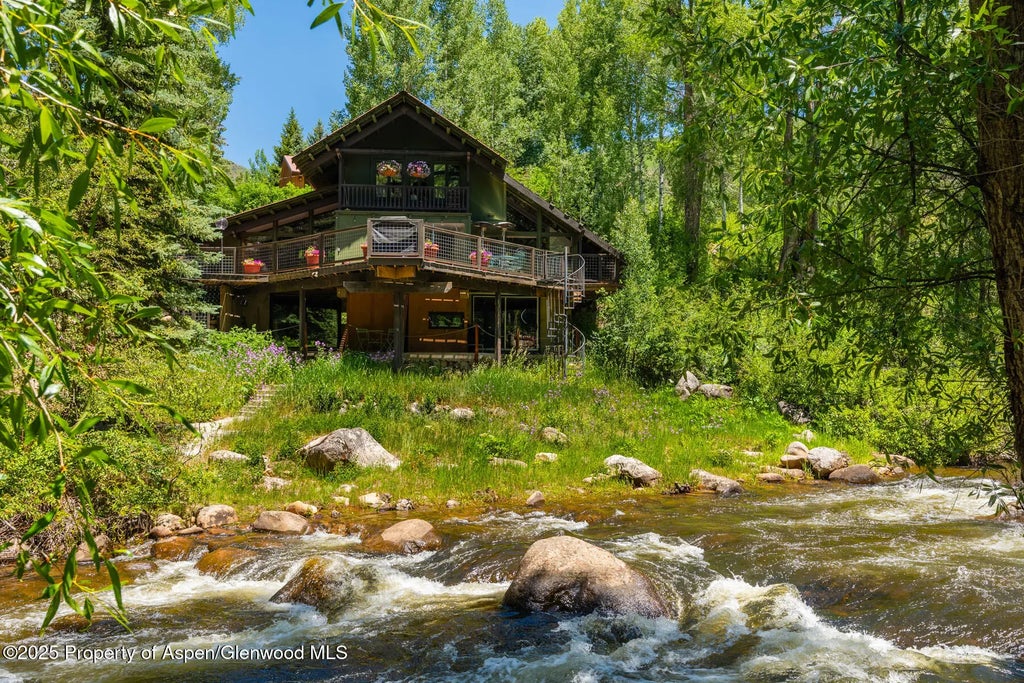
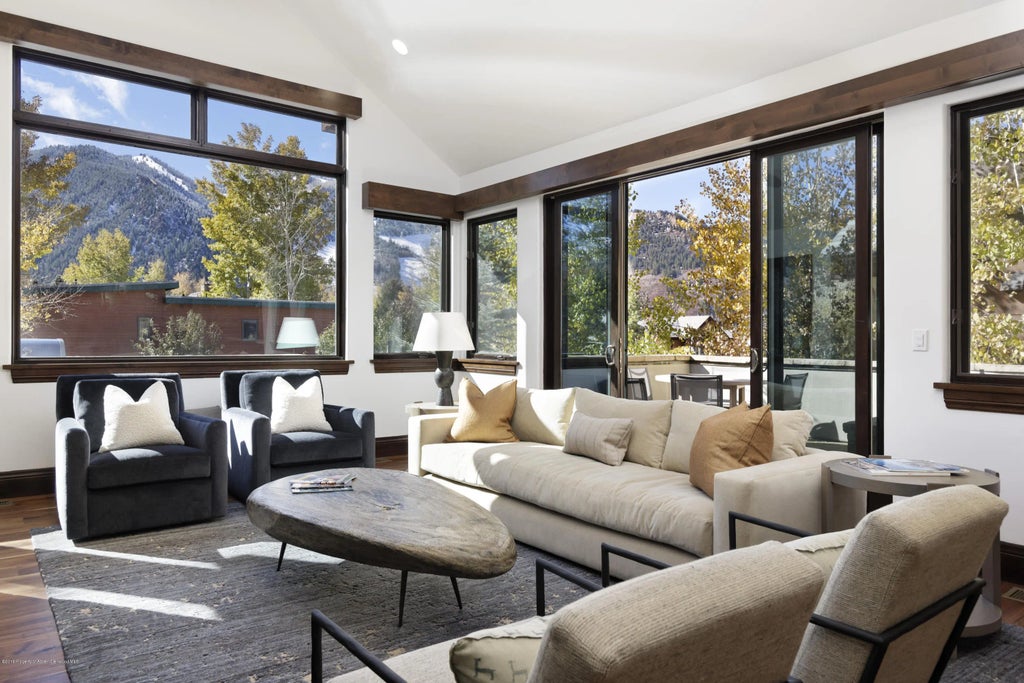
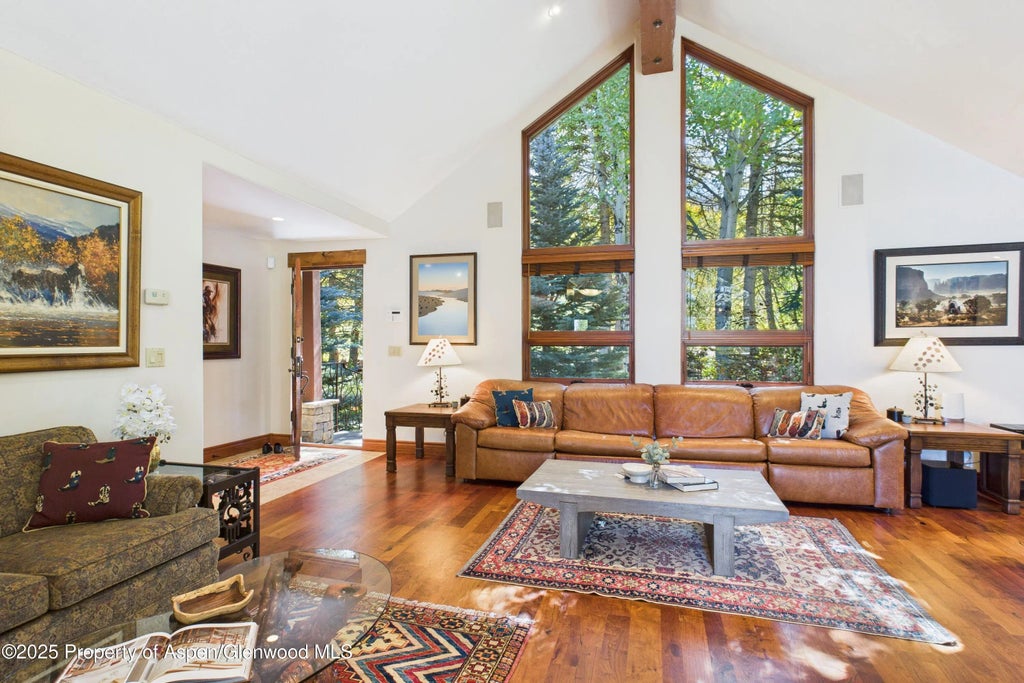
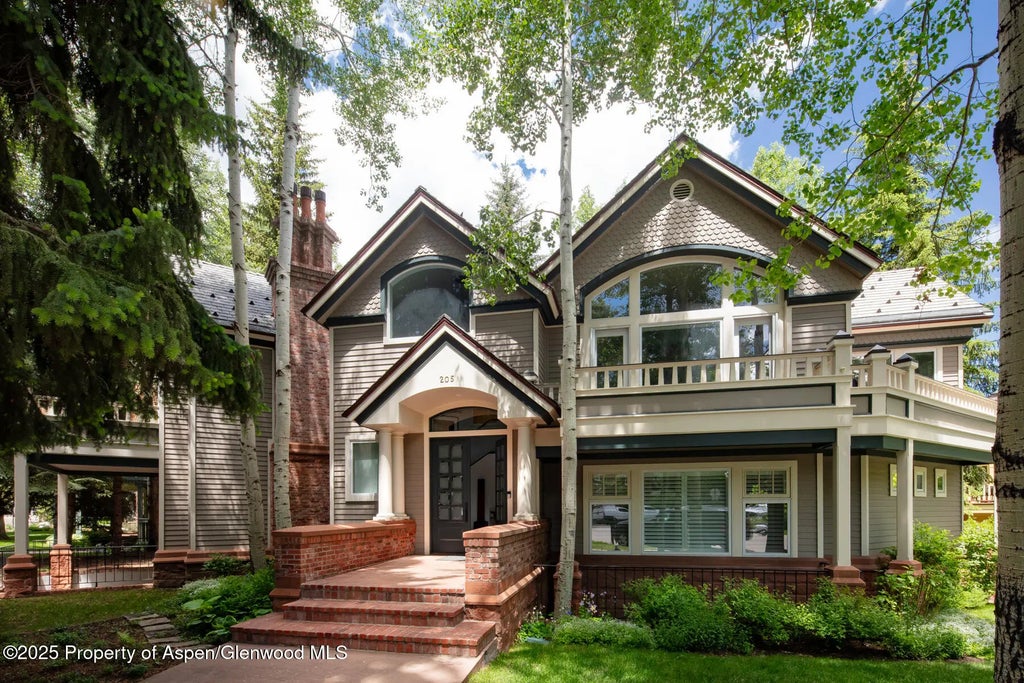

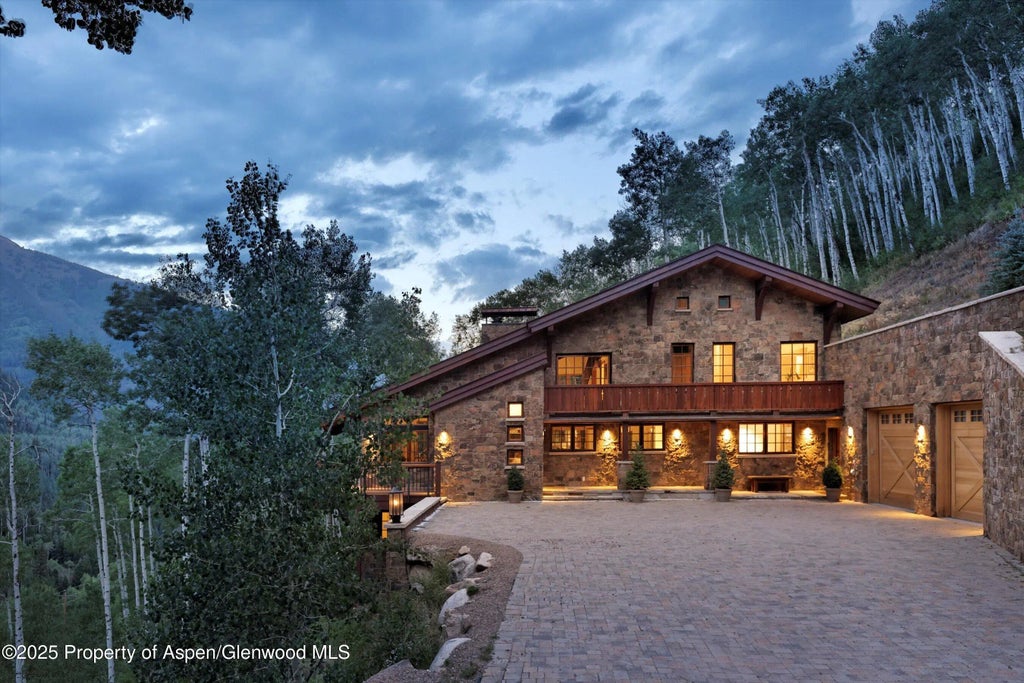
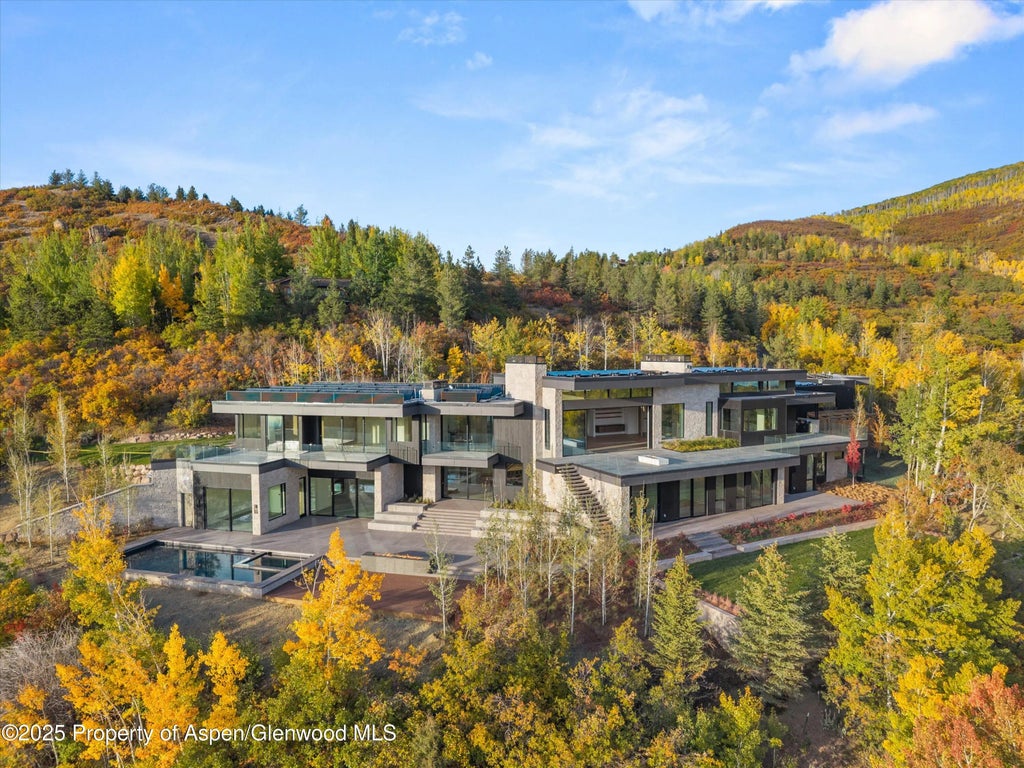
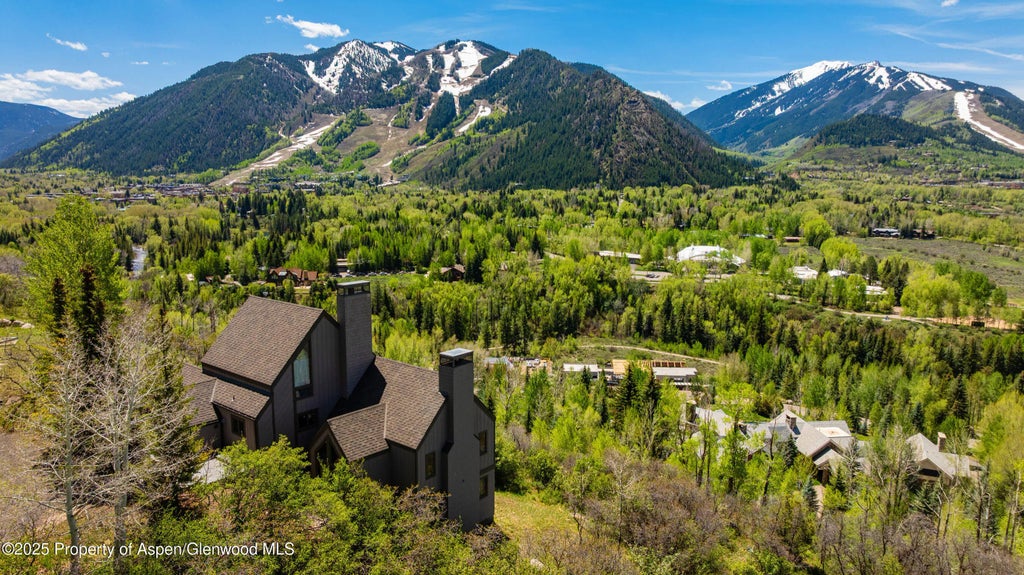
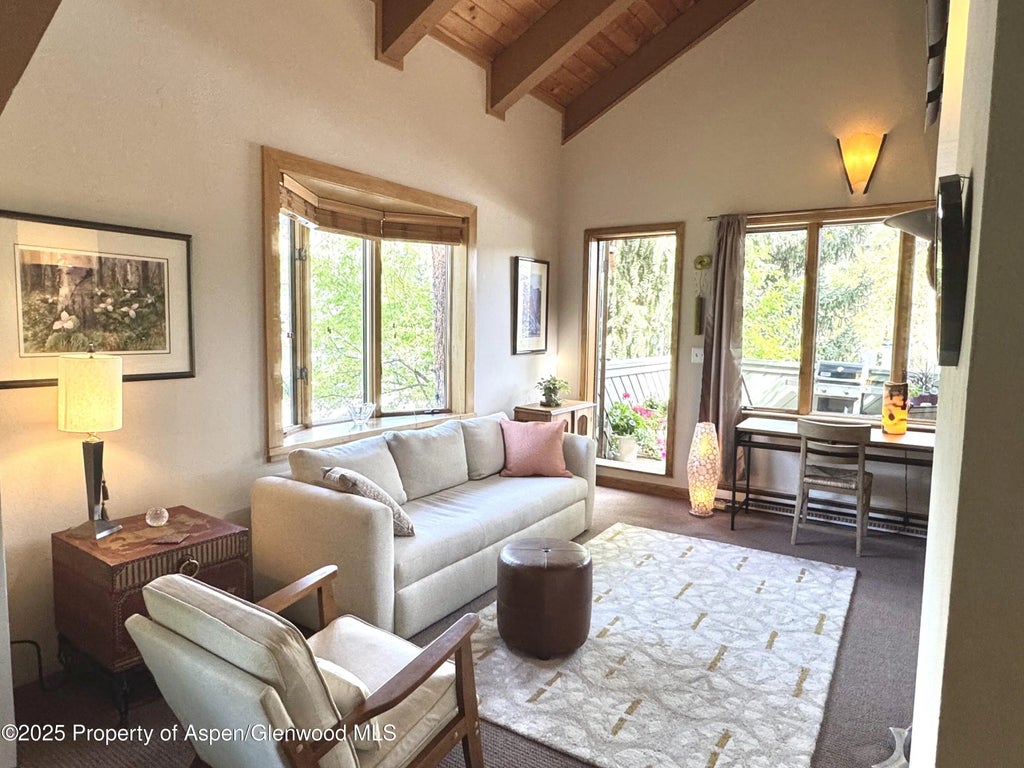
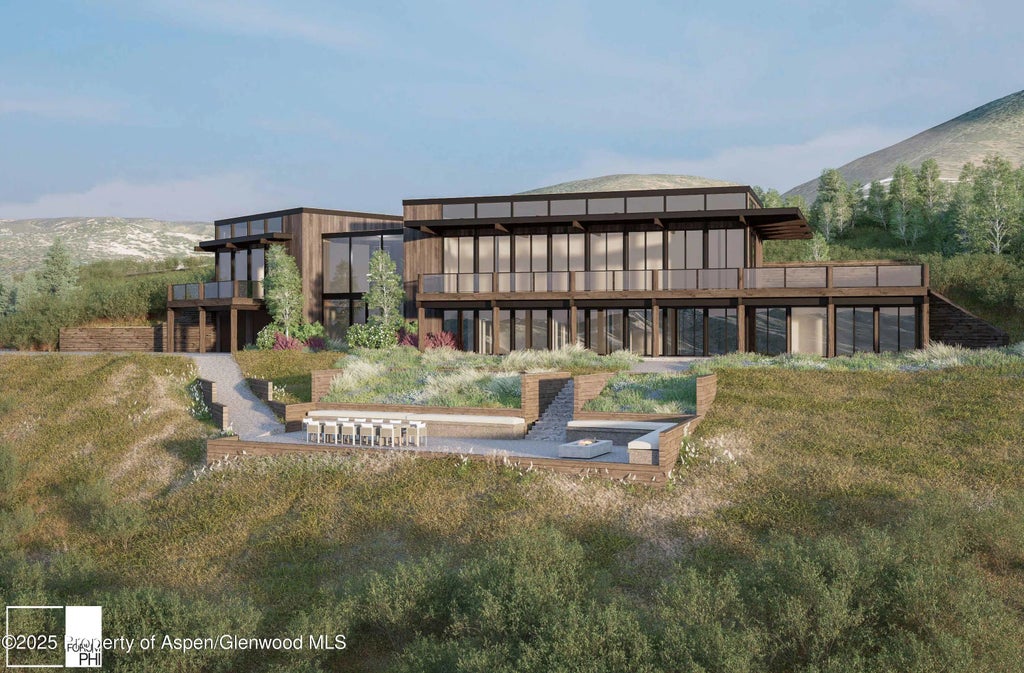
Leave A Comment